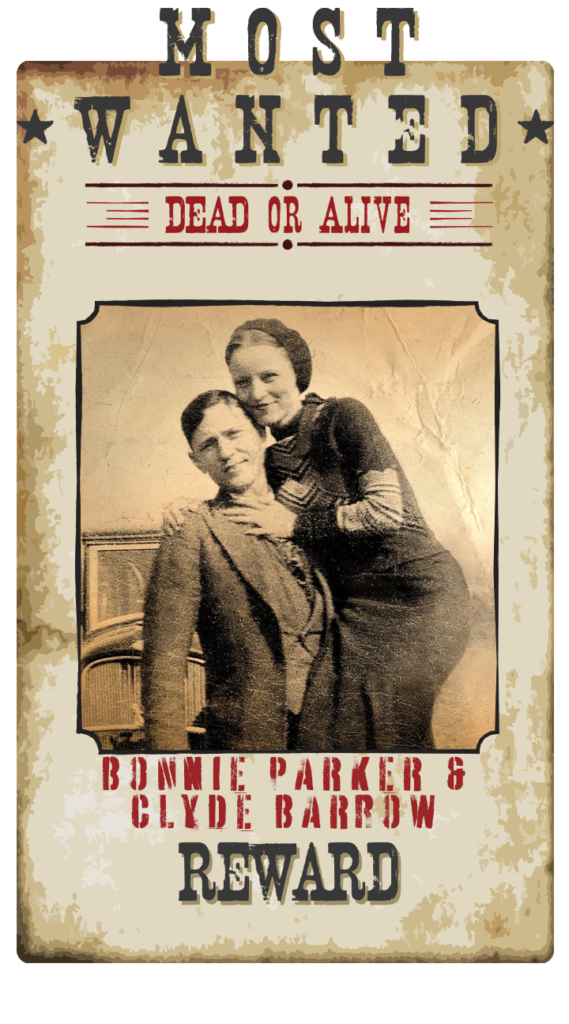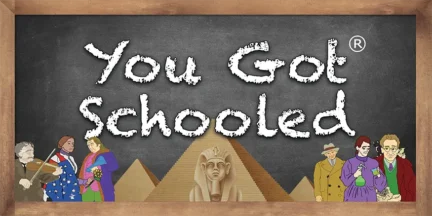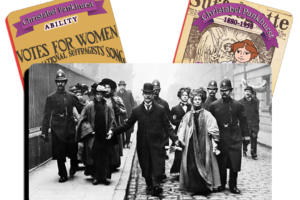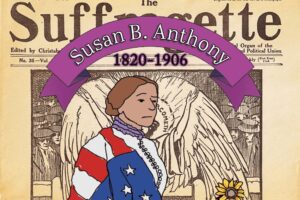Bonnie Parker and Clyde Barrow: The Infamous Outlaws of the Great Depression

The Great Depression of the 1930s was a time of economic hardship and social upheaval in the United States. During this challenging era, two notorious criminals, Bonnie Parker and Clyde Barrow, gained notoriety for their spree of robberies and violent escapades. Their story became synonymous with rebellion against a system that many felt had failed them. In this article, we delve into the lives of Bonnie Parker and Clyde Barrow, examining the factors that led them to a life of crime and the lasting legacy they left behind.
The Early Years
Bonnie Elizabeth Parker was born on October 1, 1910, in Rowena, Texas, while Clyde Chestnut Barrow was born on March 24, 1909, in Telico, Texas. Both came from humble beginnings, with Bonnie being the daughter of a bricklayer and Clyde the son of a tenant farmer.
Clyde Barrow’s criminal career began early. He was arrested for the first time in 1926, at the age of 17, for automobile theft. This marked the beginning of his life as a criminal, leading to a series of robberies and petty crimes. Bonnie, on the other hand, had dreams of becoming an actress and a poet but found herself drawn into a life of crime due to her love and loyalty to Clyde.
The Criminal Partnership
Bonnie and Clyde’s criminal partnership began in 1930 when they met in Texas. Clyde was already involved in criminal activities, and Bonnie quickly became infatuated with him. The couple, along with a group of accomplices, formed the Barrow Gang, and they embarked on a crime spree across the central United States.
Their criminal activities included bank robberies, kidnappings, and murders. They were known for their audacity and willingness to engage in shootouts with law enforcement. Bonnie, often glamorized by the media, became a symbol of the era’s rebelliousness and the allure of a life outside societal norms.
The Media Sensation
The media played a significant role in transforming Bonnie and Clyde into infamous folk heroes. Newspapers and radio broadcasts captured the public’s imagination with sensationalized stories of their exploits. The couple’s good looks and charismatic personalities added to their legend, creating a romanticized image of their criminal endeavors.
Bonnie’s poems and Clyde’s writings found their way into the hands of the media, further fueling the fascination with the criminal duo. However, their true actions were far from romantic, as they left a trail of destruction and tragedy in their wake.
The End of the Road
The reign of Bonnie and Clyde came to a violent end on May 23, 1934, when law enforcement ambushed them near Sailes, Louisiana. A posse, led by former Texas Ranger Frank Hamer, fired a hail of bullets into their car, killing Bonnie and Clyde in a blaze of gunfire.
Their deaths marked the end of an era and the conclusion of a criminal spree that had lasted for several years. The nation was both relieved and fascinated by the demise of these infamous outlaws.
Legacy
Bonnie and Clyde’s legacy lives on through numerous books, films, and songs that have immortalized their story. Despite their criminal activities, they have been romanticized as anti-establishment figures, standing against the hardships of the Great Depression. However, it’s important to remember the devastation they caused and the lives that were affected by their actions.
Their story continues to captivate people, serving as a reminder of a tumultuous period in American history. It is a cautionary tale, illustrating the consequences of crime and the enduring allure of rebellion, even in the face of tragedy. Bonnie Parker and Clyde Barrow, two complex and flawed individuals, left an indelible mark on American culture, forever etched into the annals of history.
Share via:


